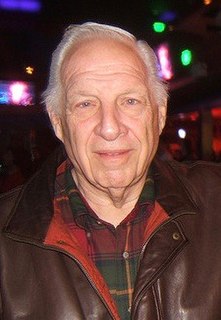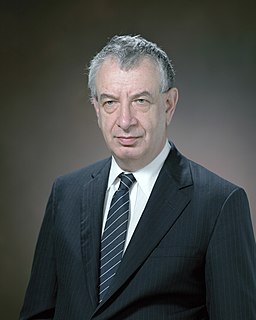A Quote by Janis Ian
I think all of us thought that by the '70s, at the latest the '80s, all the world's problems would be solved and everyone would be getting along fine. And instead we saw that Martin Luther King Jr. was assassinated that year, Robert F. Kennedy died. We saw that it was going to be a lot more difficult than I think we had thought.
Related Quotes
When John Kennedy was assassinated I was twenty-three, a stockbroker on Wall Street and married, and I never ever thought that politics would be anything that I would be a part of. But I realized that I had to get involved. Then, when Martin Luther King was assassinated and the Vietnam War was raging, I felt that my world was falling apart. I had these two beautiful children - three and one - and I just said, "I have to make it better."
We got to the moon on Christmas Eve 1968, at the end of a poor year for this country. We had Vietnam. We had civil unrest. We had the assassinations of Robert Kennedy and Martin Luther King. But we went around the moon and saw the far side for the first time. A script writer couldn't have done a better job of raising people's hope.
Every now and then I think about my own death, and I think about my own funeral. [...] Every now and then I ask myself, 'What is it that I would want said?' I'd like somebody to mention that day, that Martin Luther King, Jr., tried to give his life serving others. I'd like for somebody to say that day, that Martin Luther King, Jr., tried to love somebody.
Skateboarding is not a hobby. And it is not a sport. Skateboarding is a way of learning how to redefine the world around you. For most people, when they saw a swimming pool, they thought, ‘Let's take a swim.' But I thought, ‘Let's ride it.' When they saw the curb or a street, they would think about driving on it. I would think about the texture. I slowly developed the ability to look at the world through totally different means.
I still hear people say that I should not be talking about the rights of lesbian and gay people and I should stick to the issue of racial justice. But I hasten to remind them that Martin Luther King Jr. said, 'Injustice anywhere is a threat to justice everywhere.' I appeal to everyone who believes in Martin Luther King Jr.'s dream to make room at the table of brother- and sisterhood for lesbian and gay people.
































